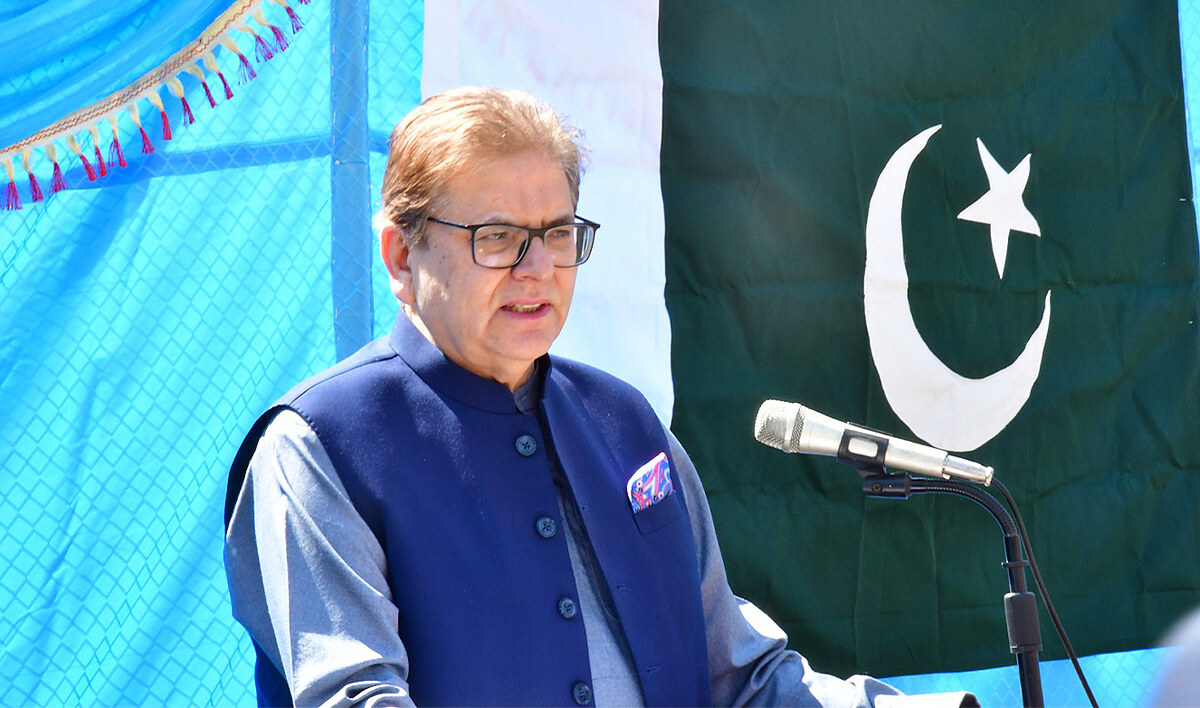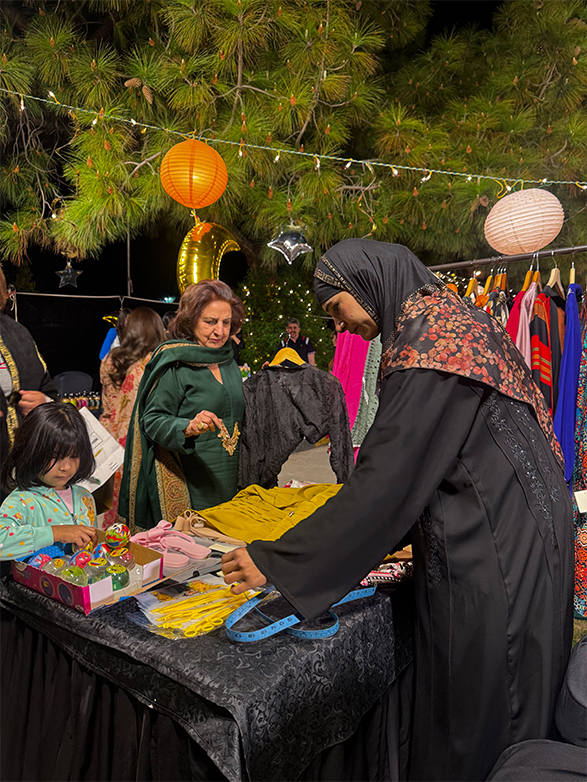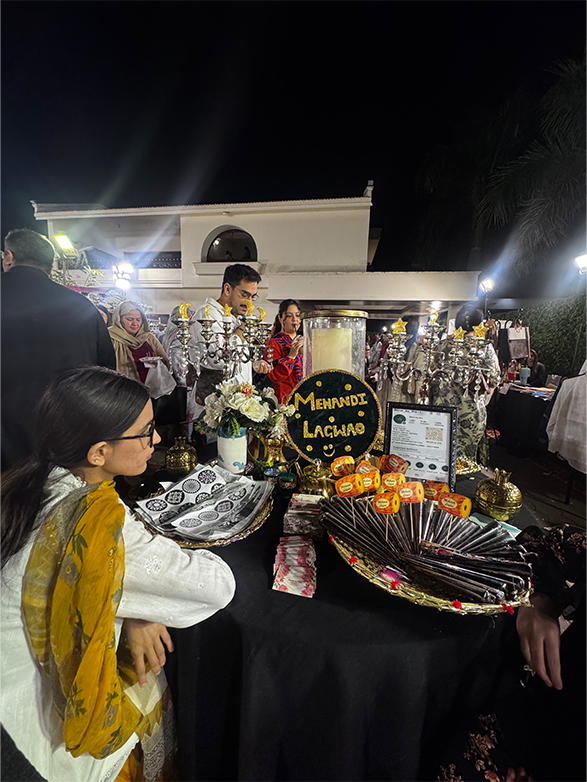ISLAMABAD: The Pakistani delegation to the UN General Assembly staged a walkout in protest as Israeli Prime Minister Benjamin Netanyahu took the podium, vowing to continue Israel’s attacks on Iranian-backed fighters in Lebanon in a closely watched United Nations speech on Friday.
Pakistan does not recognize nor have diplomatic relations with Israel and calls for an independent Palestinian state based on “internationally agreed parameters” and the pre-1967 borders with Al-Quds Al-Sharif as its capital.
Since the beginning of Israel’s war on Gaza in Oct 2023, Pakistan has repeatedly raised the issue at the United Nations, the Organization of Islamic Cooperation and other multilateral platforms and demanded international powers and bodies stop Israeli military actions in Gaza. The South Asian country has also dispatched several aid consignments for Palestine.
Video footage widely shared on social media showed the Pakistani delegation walking out of the UNGA hall.
“Pakistani delegation led by Prime Minister Shehbaz Sharif walked out as Israeli PM Benjamin Netanyahi took the podium after PM Shehbaz’s speech,” the foreign office said, as it shared a video of the walkout with reporters.
Netanyahu’s speech on Friday dampened hopes for a ceasefire that could head off an all-out regional war.
“As long as Hezbollah chooses the path of war, Israel has no choice, and Israel has every right to remove this threat and return our citizens to their homes safely,” Netanyahu told the UNGA, referring to escalating violence between the Lebanese Hezbollah and Israel.
“Israel has been tolerating this intolerable situation for nearly a year. Well, I’ve come here today to say enough is enough.”
Several delegations including Pakistan’s walked out as Netanyahu approached the lectern while supporters in the gallery cheered.
In southern Lebanon, Israel continued to strike Hezbollah targets while diplomats at the UN voiced fears the attacks could flare into a wider war that draws in Israel’s arch-foe, Iran.
In his speech, Netanyahu sought to pin blame for the conflict on Iran, whose delegation was absent for the speech. He said Israel was defending itself against Tehran on seven fronts, including against Hamas in Gaza, Hezbollah in Lebanon and Houthis in Yemen.
“There is no place in Iran that the long arm of Israel cannot reach. And that’s true of the entire Middle East. Far from being lambs led to the slaughter, Israel soldiers have fought back with incredible courage,” Netanyahu said.
“I have another message for this assembly and for the world outside this hall: We are winning,” he said. “We’ll continue degrading Hezbollah until all our objectives are made.”
During the speech, Netanyahu cited the presence in the hall of families of hostages seized by Hamas on Oct. 7. The war began when Hamas gunmen stormed Israeli communities, killing around 1,200 people and taking about 250 hostages back to Gaza, according to Israeli tallies.
Since then, Israel’s military has leveled swaths of the besieged Palestinian enclave, driving nearly all of its 2.3 million people from their homes, giving rise to deadly hunger and disease and killing more than 41,000 people, according to Palestinian health authorities.
With inputs from Reuters
Pakistan delegation walks out as Israeli PM takes podium to address UNGA
https://arab.news/vbc2z
Pakistan delegation walks out as Israeli PM takes podium to address UNGA

- Over 41,000 Palestinians have been killed since Israel launched a war on Gaza in October last year
- Netanyahu’s speech on Friday dampened hopes for a ceasefire that could head off an all-out regional war




















